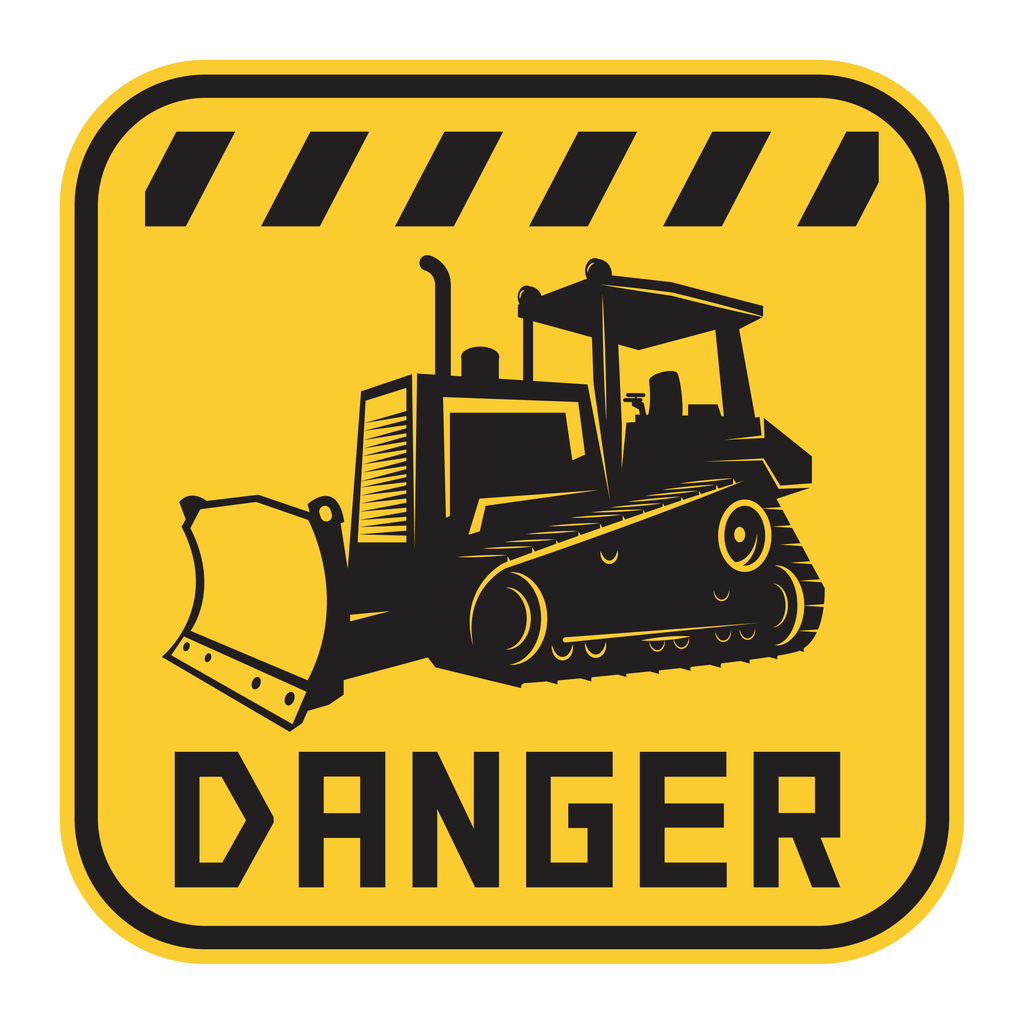The pay of teachers is always being discussed. Obviously, teachers are critically important to education, yet they are compensated as a group, not for their individual contributions to students. On Monday an economist examining teacher pay showed that public school teachers get significantly higher pay and benefits than their peers in private schools, arguing the claim that teachers are underpaid is a myth. This claim is consistently promoted by school officials and unions who benefit from education spending. As always, the hard facts can shed light on what is myth and what is reality.
Over the last six years, the legislature raised property taxes to increase the pay and benefit package of public school teachers in Washington state from $86,500 to $113,165, an increase of 30 percent. This chart illustrates the growth in teacher pay and benefits, on average statewide (School District Personnel Summary Profiles, Table 19, State Summary):
This pleases the WEA union. In September, Larry Delaney, the WEA union president told Dave Ross of KIRO FM Radio:
“Yes, absolutely we can be happy. We are in a much better place than we were ten years ago, five years ago, one year ago. And there’s going to be cost of living adjustments that have to occur. But with that we believe that we have the ability now to recruit and retain the best educators.”
Despite these increases, teachers are at a disadvantage in the current system of public education. Teachers lack an effective labor market because traditional public schools educate 90 percent of students. Teachers have to accept the pay and benefits of the district where they work, and have little choice or say in the matter.
As the CATO Institute points out, expanding school choice would create a better labor market for teachers. If teachers had a wider diversity of teaching jobs at charter schools and private schools, and were not limited to traditional schools, they could negotiate fairer, merit-based pay. The research shows school choice competition has a positive effect on teacher salaries.
Unfortunately Washington state lags behind other states in offering school choice. This lack of school choice limits job options for teachers and learning opportunities for families.






